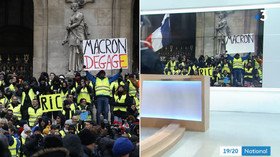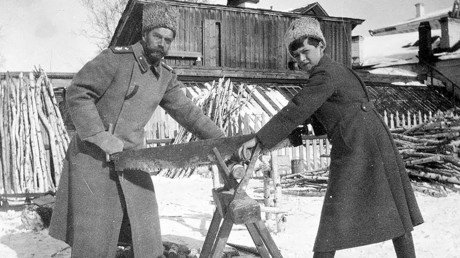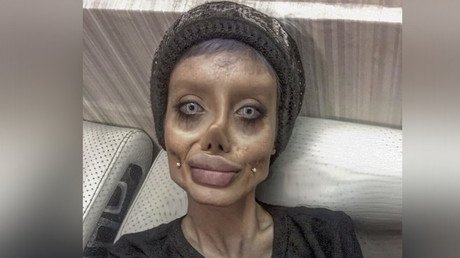‘Putin – tsar of disinfo’: French TV teaches children about ‘Russian fake news’
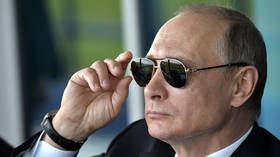
A France 4 game show for teenagers has tried to take on the elusive – yet fearsome – Russian “fake news,” teaching children that all the media in Russia is either suppressed or controlled directly by Vladimir Putin.
The show, dubbed Escape News, was launched last year as an escape room-type game for teenagers. The program has quite a sounding motto – ‘Avoid the traps of the info’ – yet the way it does so, unfortunately, appears to be quite questionable.
The recent issue of the show was dubbed ‘Vladimir Putin – the tsar of disinfo?’ and focused on the president personally, as well as on Russia in general – including RT. Despite the proclaimed goal of the show, the whole issue was borderline fake news itself.
First, the children were asked why a doctored picture of Vladimir Putin, wearing makeup in front of a rainbow flag, was banned in Russia. While several images fitting such description are circulating online, at least one of them was indeed listed as extremist by a Russian judiciary.
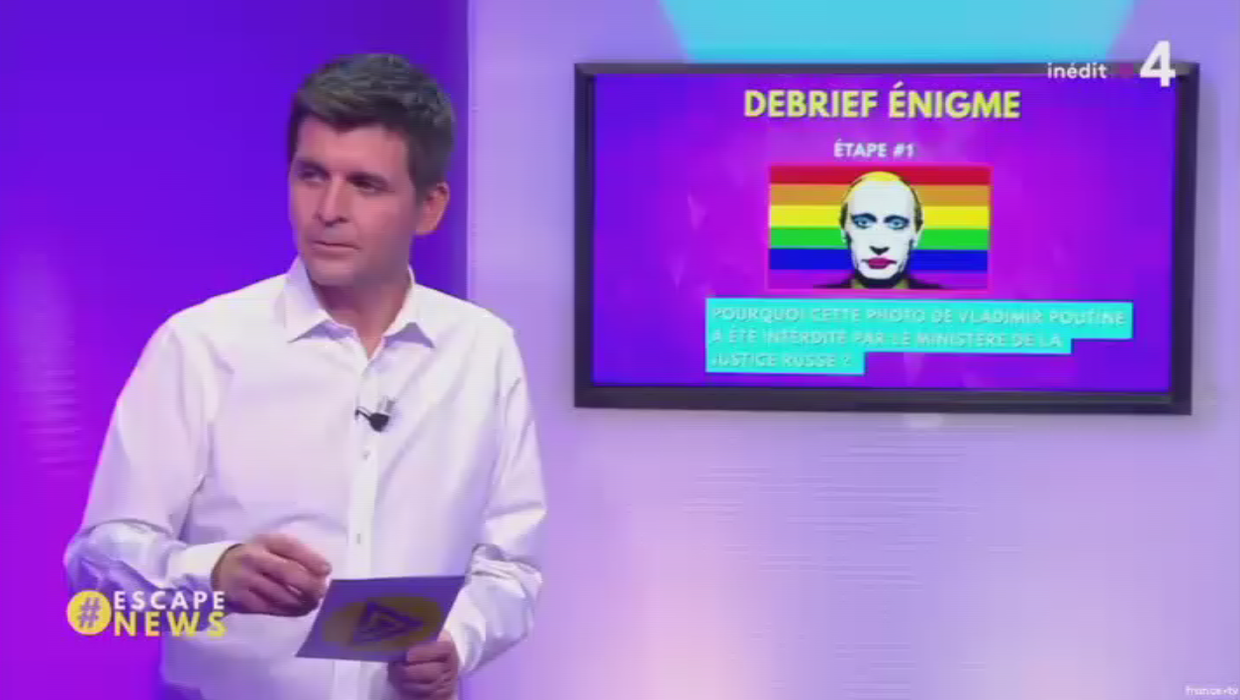
The children were provided with photos and videos of several politicians – Barack Obama, Francois Hollande, and Putin and were asked by the show’s host to determine which ones were “natural” and which were “controlled.”
While footage of Putin was only from some official – or, at least, serious – events, the former US president was shown dancing alongside with the R2D2 bot, while his French counterpart was pictured rain-soaked.
Such a selective approach led the children to a conclusion that all the pictures and videos featuring Russia’s President are actually “controlled,” – and that’s why the aforementioned doctored picture was banned.
Seriously? It seems the makers of the show were not even trying – or seeking – to find footage of Putin where he’s not all-round serious and official – since it’s not that hard at all.
Here, that’s Russia’s President goofing around in the snow with his dogs.
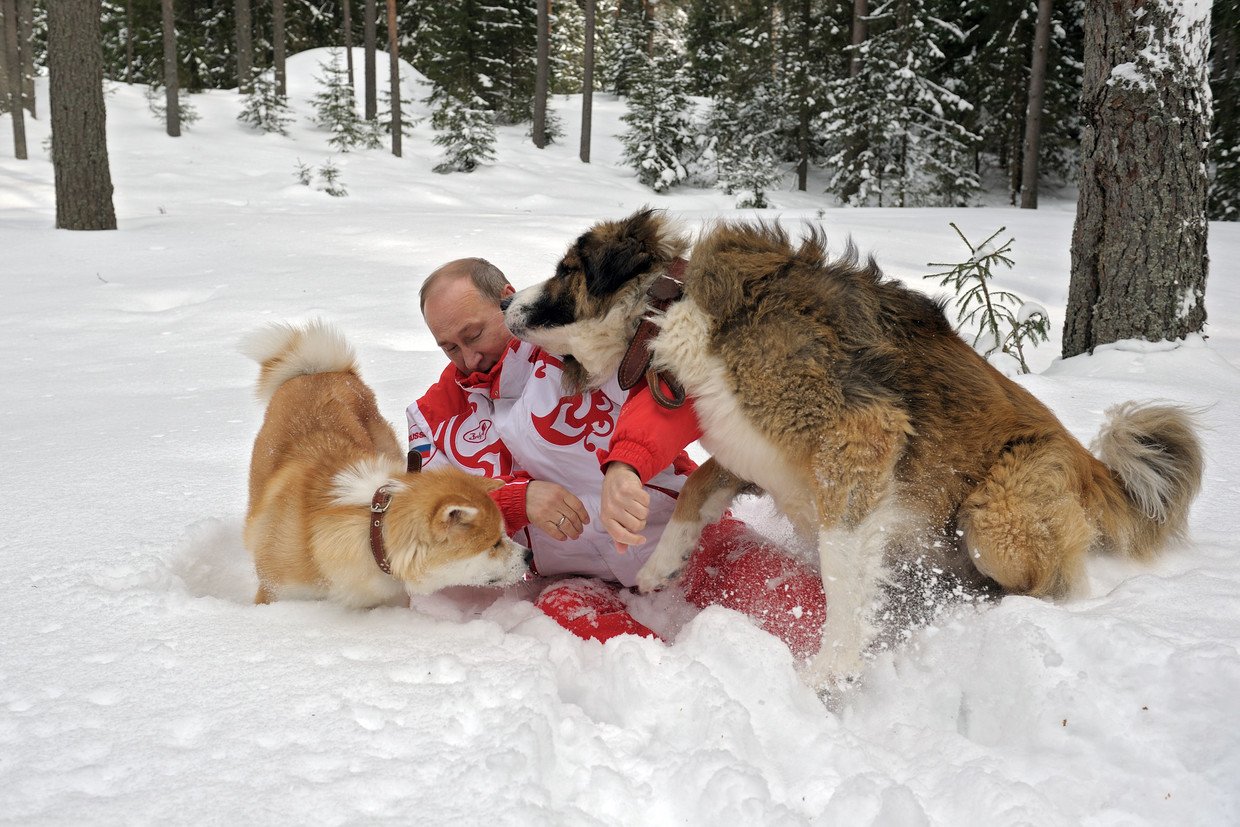
Or reacting to a topless protestor in Hannover, Germany back in 2013.
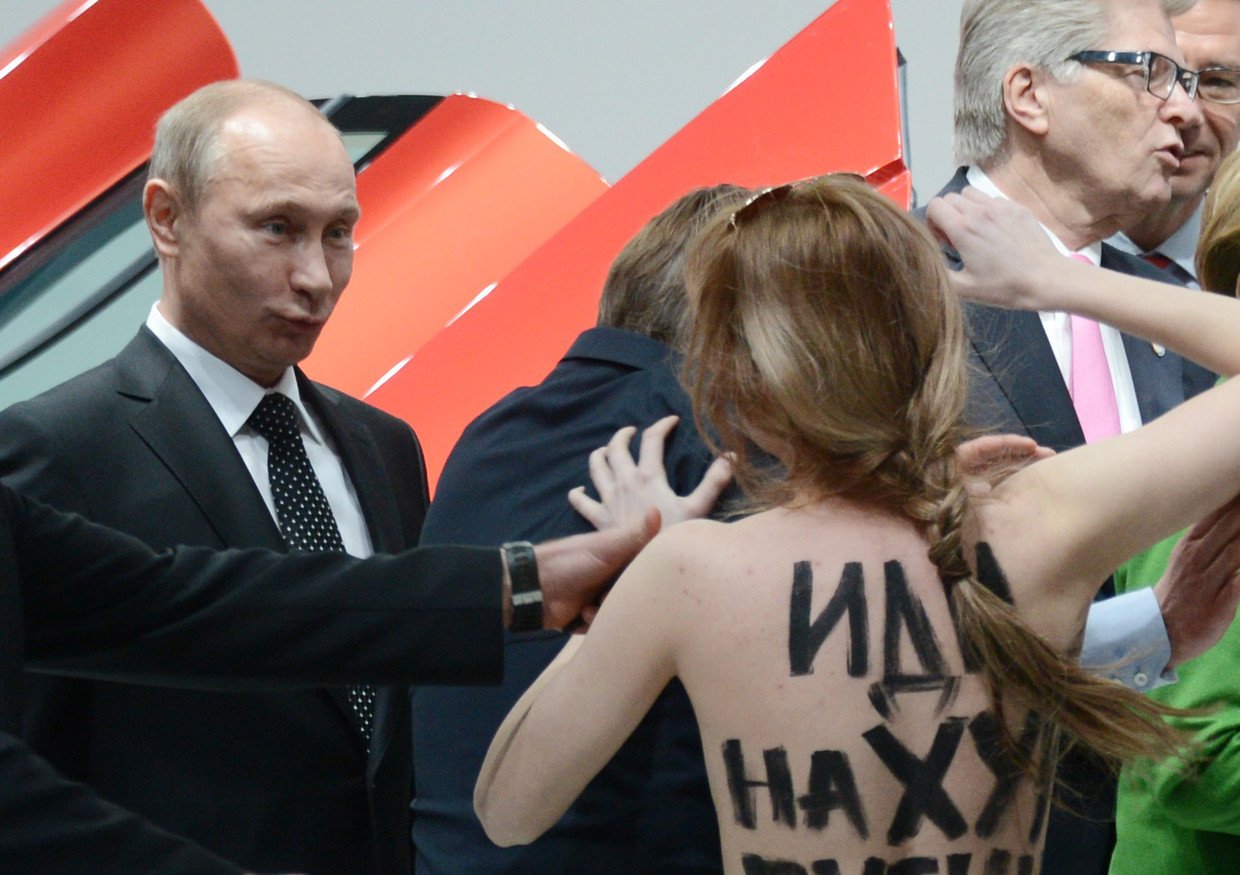
RT France vs Le Monde
The next task for the children was to compare articles by RT France and Le Monde covering anti-government protests in Russia on May 5 last year. The children were provided with five carefully picked excerpts from each article and tasked with putting them in the right order.
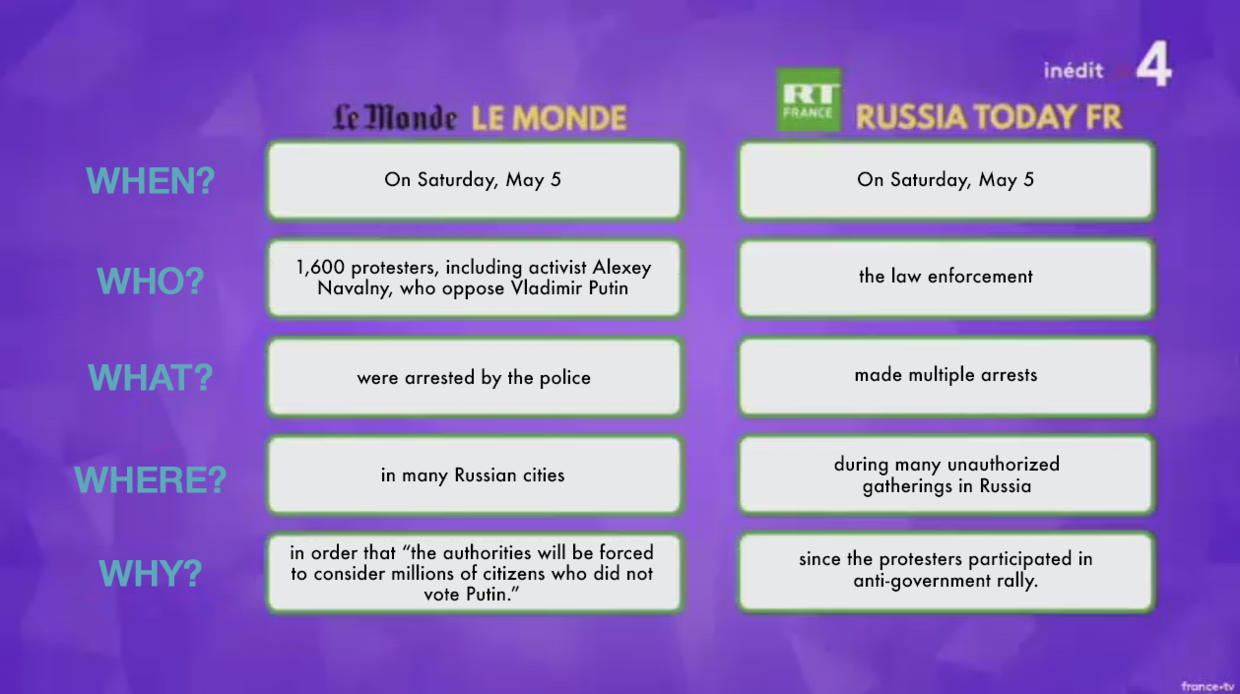
The article by RT appeared to be telling the readers about law enforcement, detaining people during unauthorized meetings, while Le Monde’s one seemed to be telling them about opposition activist Alexei Navalny and protesters who braved streets of “many Russian cities” to remind authorities of “millions of citizens who did not vote for Putin.”
The host then demanded the children make a conclusion on the two articles, with one of them carefully saying that they have shown two “different points of view.” Such evaluation apparently was not enough, as the host pushed harder and ultimately received the needed response.
READ MORE: Russia hysteria in West has become dangerous & an insult to the masses – analyst to RT
“The articles are different, since one of them is from Russia, where everything is directly controlled by Putin, yet another one is from Le Monde, which is not controlled by Putin at all,” one of the children stated.
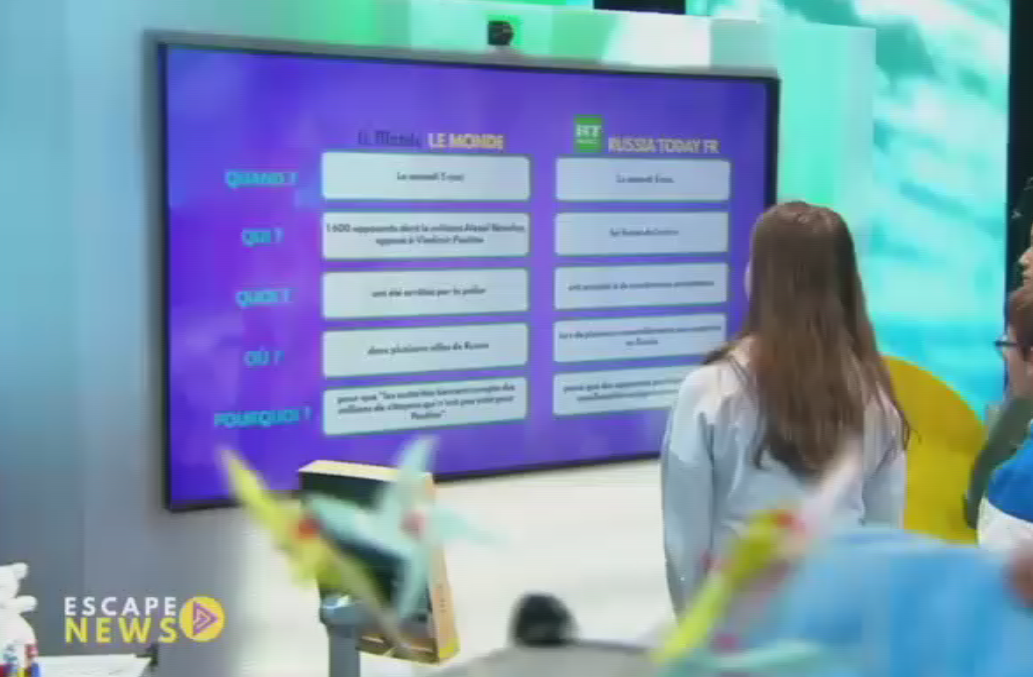
In reality, however, the RT’s article was quite brief, yet it covered the event as a whole, not just the activities of the law enforcement.
“Thousands of protesters rallied in many cities across Russia on May 5 at the call of opposition figure Alexei Navalny, two days before the inauguration of Vladimir Putin, the winner of the presidential election, for the fourth term,” the RT’s article reads.
The lengthy and details-galore article by Le Monde on its part comes with quotes from Navalny’s supporters and opponents and other juicy stuff. Sadly, the piece lacks a couple of ‘tiny’ details.
The unauthorized nature of the gatherings – which prompted the police response in the first place – was not mentioned in the article at all, while Navalny was described simply as a man “barred” from the elections. The fact that it was a criminal conviction which prevented him from running for the post was not mentioned.
Trolls and hackers
The final challenge enlightened children about the Internet trolls and briefed them the elusive “troll factories,” allegedly operating in Russia to purvey false information. The show’s participants were tasked to create a fake Twitter account of Putin, posting “I love fake news” online and to tell legit Twitter posts from “troll” ones – which yielded quite mixed results.
Aside from the game itself, the show also featured several “experts,” who provided equally valuable insights into Russia and its media. One of them, a 15-year-old citizen of France, Ukraine, and Moldova, stated that Putin is an “authoritarian president who sends opposition activists to jails.” Another “expert” was a France 2 journalist, who actually worked in Russia. He claimed that Russia’s government tries its best to “choke” free press in the country. He also revealed that he employed a team of “former hackers” to help encrypt his messages while in Russia to hide them from the ever-watching secret services.
“At the end, there were no problems. It means that they [secret services] were more powerful than me, and I did not notice anything, or we were stronger and they could not do anything,” he told his 12-year-old interviewer. Apparently, it’s not an option that the pesky Russian secret agents might have not cared about the reporter at all.
Like this story? Share it with a friend!
